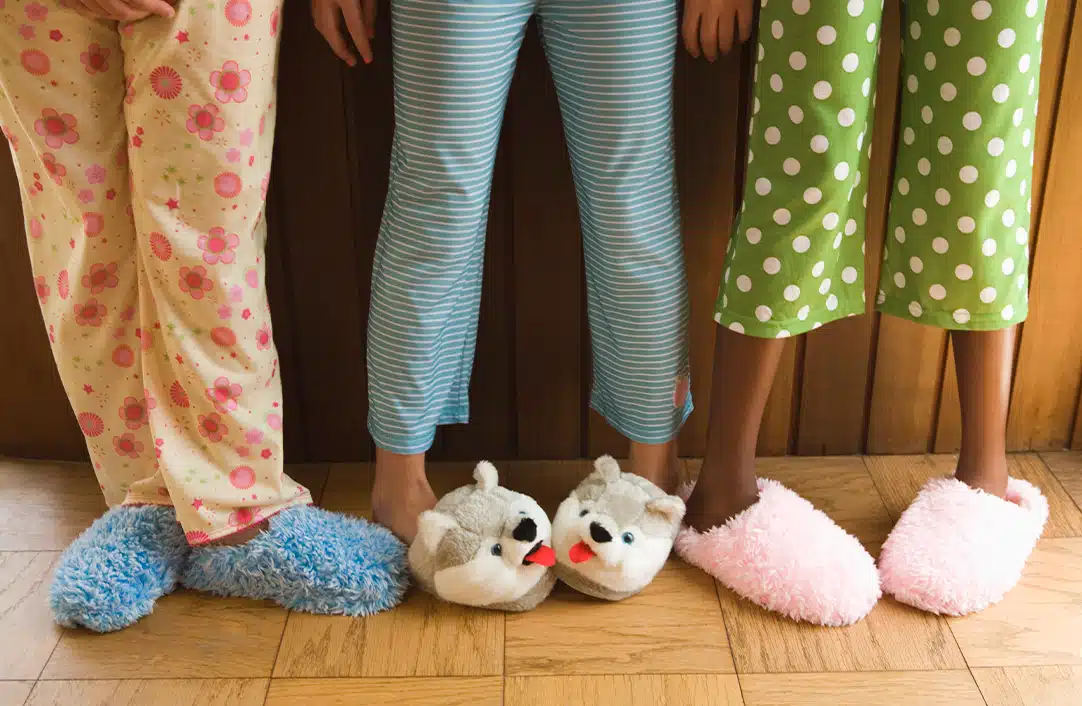A day you have been worried about since your child was born has arrived: your son or daughter is about to go on their first date. Questions flood your mind. Is my child really old enough to be doing this? Will their date treat them with respect? Will they treat their date with respect? Have I talked to my teen enough about setting boundaries? As your teen starts to date, there will probably be a couple of bumps along the way. (Do you remember your first dates?) But here are some things you can do to help things be easier
01
ASSUME YOUR TEEN HAS QUESTIONS AND CONCERNS.
Teens are often quiet and uncommunicative. Don’t assume that just because your teen isn’t talking to you about dating and sex it means that they don’t have concerns. Parenting educator Debra Haffner notes that there are many reasons teens are quiet about these topics: “They may just be shy about these issues. They may think that they should know everything by this point. They may not know how to ask you about this subject.”1 Every teen has questions about dating; don’t interpret silence as a lack of interest or a lack of curiosity.
02
TALK ABOUT SEX, PHYSICAL AFFECTION, AND CONSENT.
Hopefully you’ve been having productive conversations about sexuality since your child was young. If not, it’s not too late! The beginning of dating is a good time to reinforce information about sex, physical affection, and consent. Highlight your values and expectations but realize your teen is getting older and developing their own views. As you discuss these topics, make sure your teen really understands everything you want them to. Sometimes parents think they’ve been more thorough than they have. For example, a study revealed that 73% of parents said they’d talked to their teens about sex whereas only 46% of teens said their parents had talked to them.2 Ideally, you and your teen are on the same page.
03
EMPOWER YOUR TEEN TO MAKE DECISIONS.
As a parent, your impulse might be to make every decision for your child, especially when it comes to important things like relationships. The reality is that as your teen gets older, they’re going to make more and more decisions on their own. Researchers have observed that a key element of healthy sexual development is “support for decision-making about sex and relationships.”3 You can’t make the decisions for your child, but you can empower them to make good decisions for themselves and make it clear that you’re there to talk to them about their choices and decisions.
04
HAVE A CONTINGENCY PLAN.
Hopefully your teen will have good dating experiences that bring happiness and build confidence but acknowledge that your teen could potentially find themselves in a situation where they are uncomfortable. Make it clear that you are always available to get them out of a bad situation. For example, maybe you have a code word, and if your teen texts it to you, you immediately call with a “family emergency” and request that your child come home. If your child needs an excuse to get out of a situation, be that excuse.
05
TEACH YOUR TEEN TO WATCH FOR RED FLAGS.
Your teen might need help recognizing potentially possessive and abusive behaviors. For example, help them understand that it’s not okay for someone to demand to see text messages they’ve sent to others or be jealous if they spend time with their friends. These behaviors might seem obviously problematic to you, but remember that your teen is doing all of this for the first time. They may think these behaviors are a normal part of being in a relationship.
Talking about sensitive topics can feel awkward and uncomfortable, but chances are your teenager won’t bring up these issues if you don’t. As a parent, it’s your job to take the lead. Help your teen stay safe as they make the first steps into dating.
About the author
Mark Hartvigsen
Online Education and Engagement Director
Recent blogs

Male Sexual Abuse

What to do if a Sex Offender Moves to Your Neighborhood?


